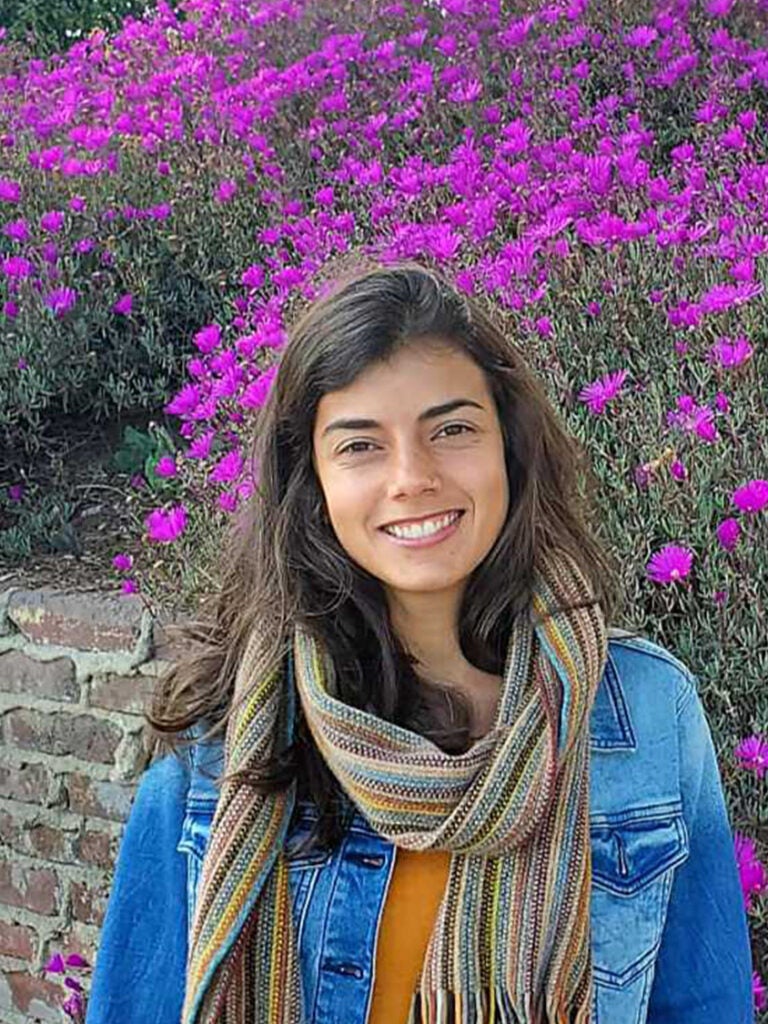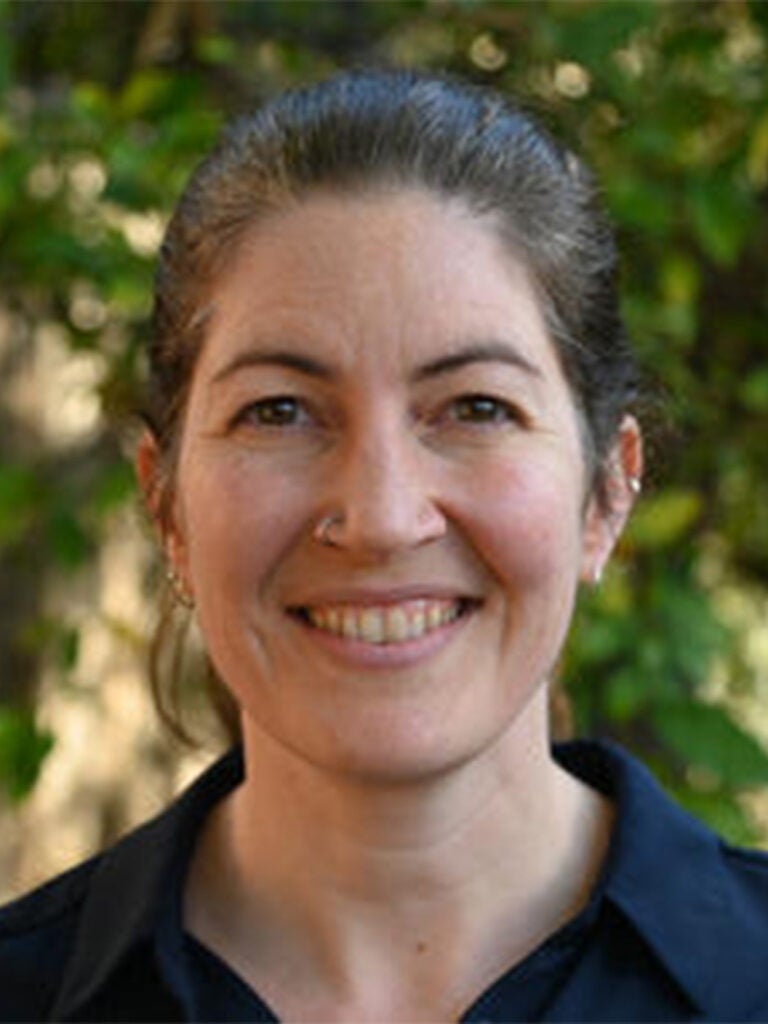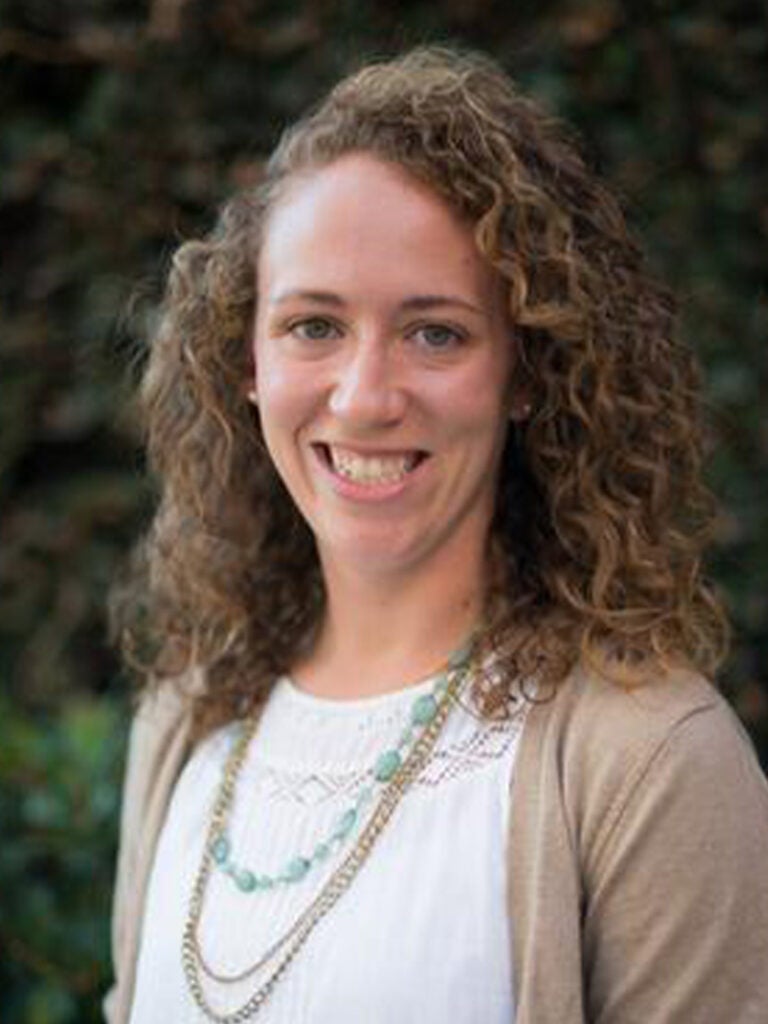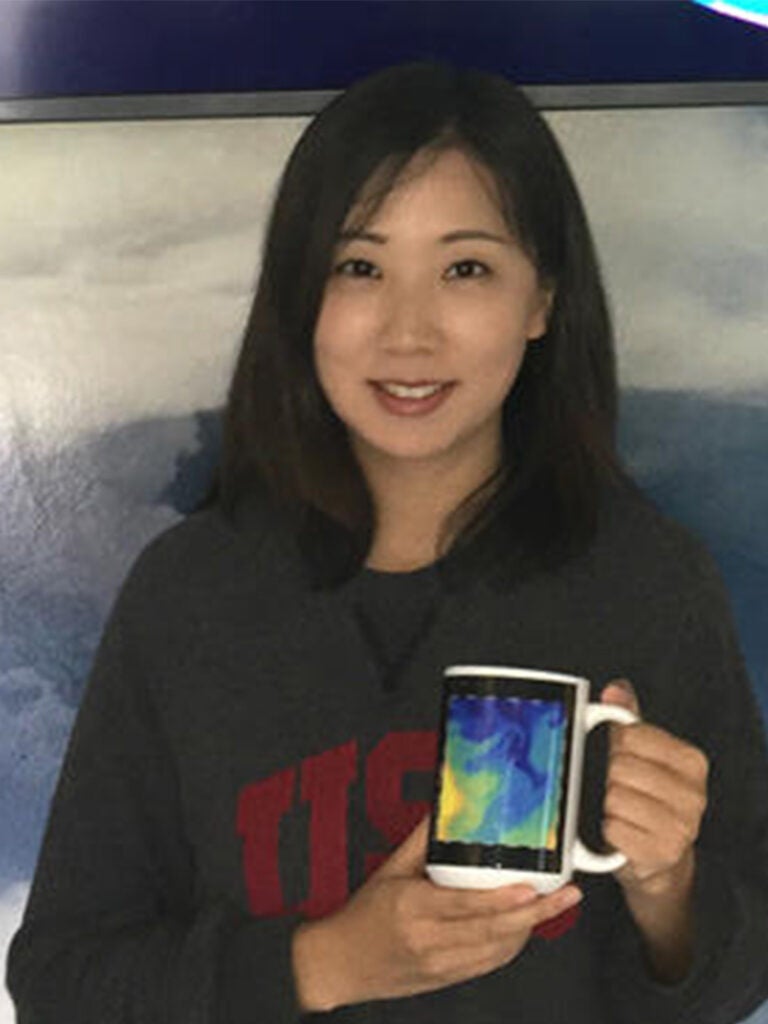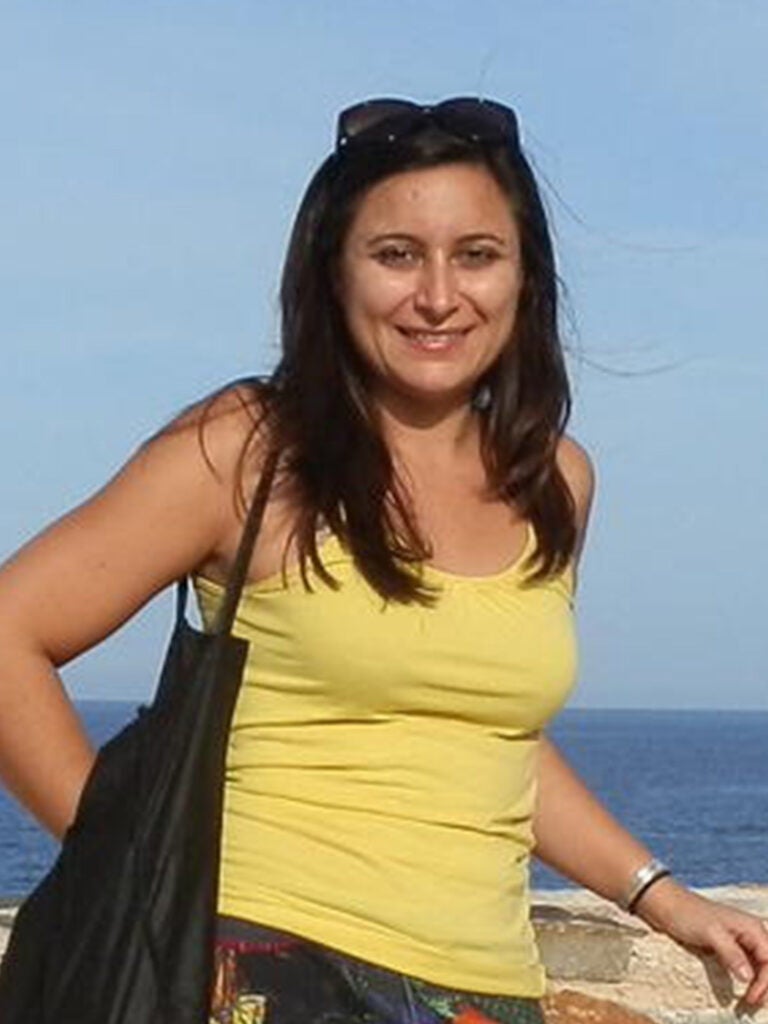Professor
n.levine@usc.edu
I am a computational marine microbiologist and biogeochemist. My research focuses on understanding the interactions between climate and marine microbial ecosystem composition and function.
Dr. Chase James
Postdoctoral Scholar
cjames80@usc.edu
At the base of the marine food web, microbes represent a critical link between the physical environment and higher trophic levels. This complex, highly diverse set of organisms are responsible for a wide variety of key ecological functions that play out at local to global scales affecting the climate, food production, and overall ocean health. My research focuses on the connections between marine microbes and their dynamic physical environment. Using a variety of tools and data, from metaomics to modeling, I aim to characterize the relationships between key driving variables and marine microbiome structure, diversity, and function.
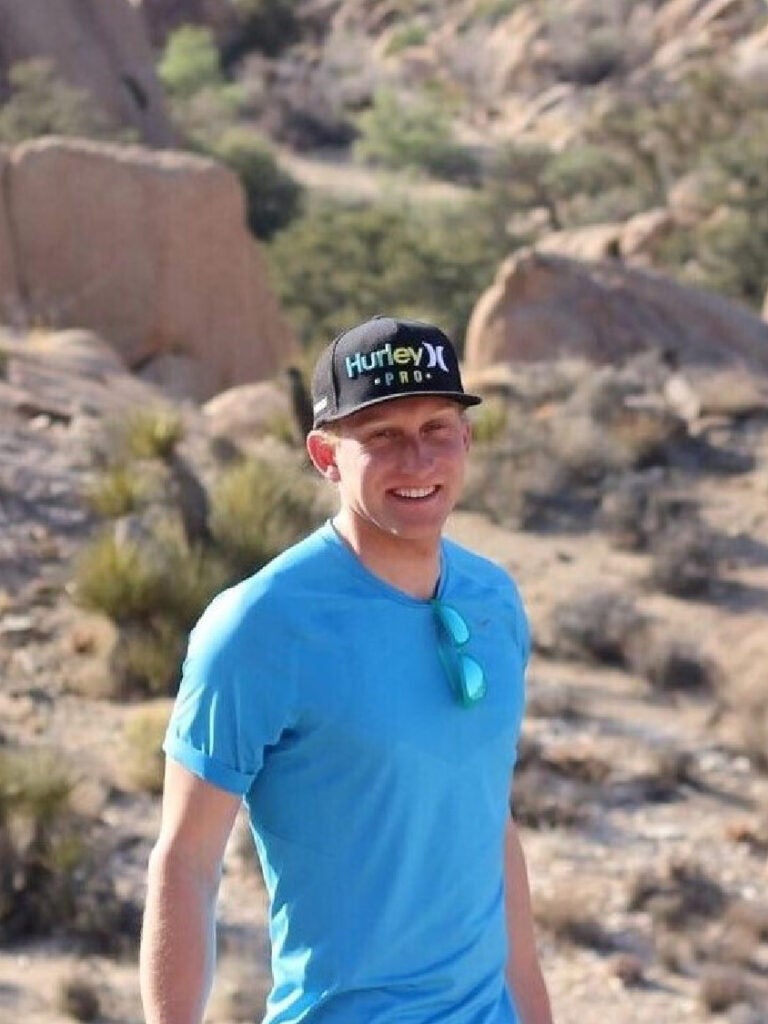
Dr. Daniela Osorio Rodriguez
Postdoctoral Scholar
dosorior@usc.edu
I am a microbiologist and geologist with an interest in microbial ecology and its impacts of global biogeochemical cycles. Currently, I study the interactions between the nitrogen-fixing cyanobacterium Trichodesmium and its associated heterotrophic bacteria. I use a variety of metaomic data and modeling tools to understand how the members of Trichodesmium colonies have specialized and benefit from interacting with each other. Since Trichodesmium is responsible for about half of nitrogen fixation in the oceans, this research will help us identify the relevance of microbial cooperation on the marine nitrogen cycle.
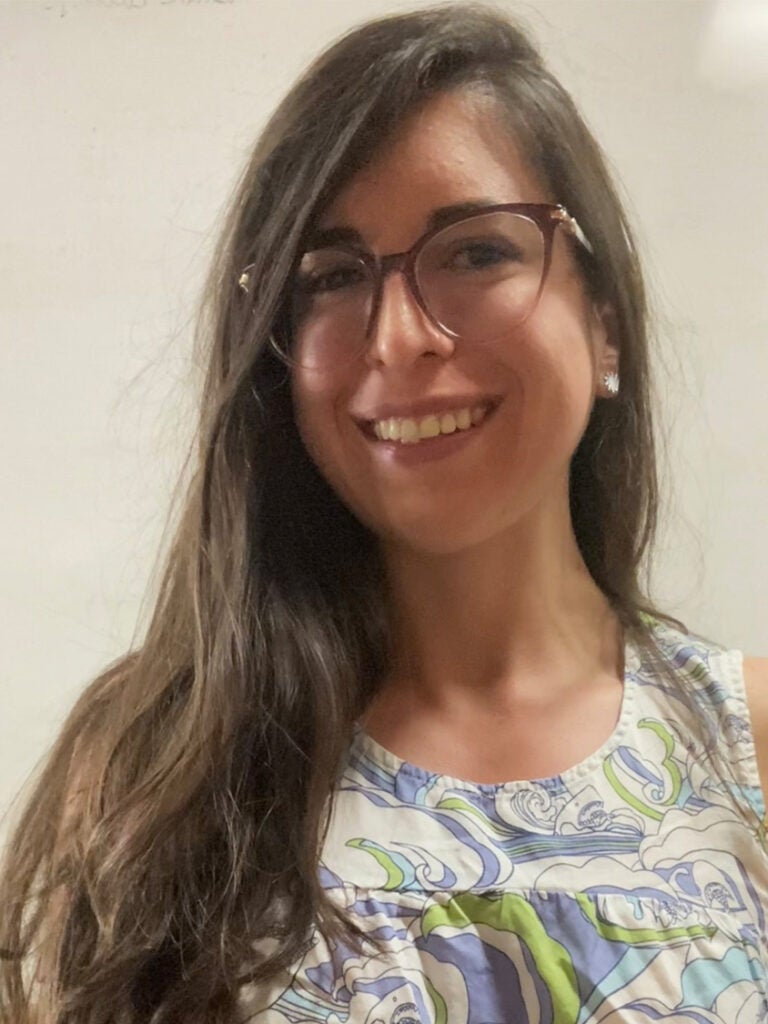
Dr. Hagen Buck-Wiese
Postdoctoral Scholar
buckwies@usc.edu
My research focuses on marine carbon cycling and the question: Why does some carbon become sequestered in the ocean? With a background in ecology and microbiology, I seek to understand the molecular properties that render certain compounds inaccessible to marine bacteria. In particular, my reserach focuses on carbohydrates, which span from simple glucose to long and complex polysaccharides such as fucoidan. During my PhD, I have used and developed analytical tools for identifying and quantitying environmental carbohydrates. At USC, I am developing models of marine carbohydrate degradation to understand the ecological reasons for carbohydrate persistence and their potential to capture carbon in the ocean.
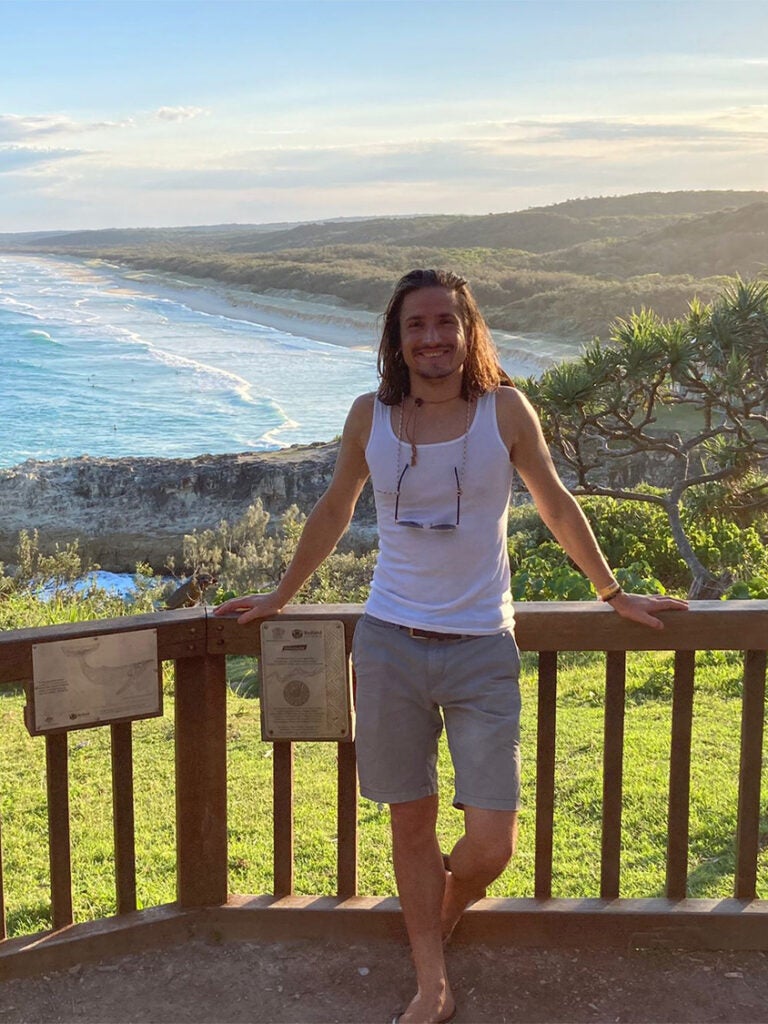
Dr. Kate Evans
Postdoctoral Scholar
I am a biogeochemist and microbial ecologist interested in quantifying relationships between variations in the physical environment and microbial community metabolism. Previously, my PhD research used time series to relate changes in water column structure to microbial growth and community composition in large, oligotrophic Flathead Lake. Currently, I plan to explore how mechanistic models help us understand drivers of variability in pelagic oceanic processes.
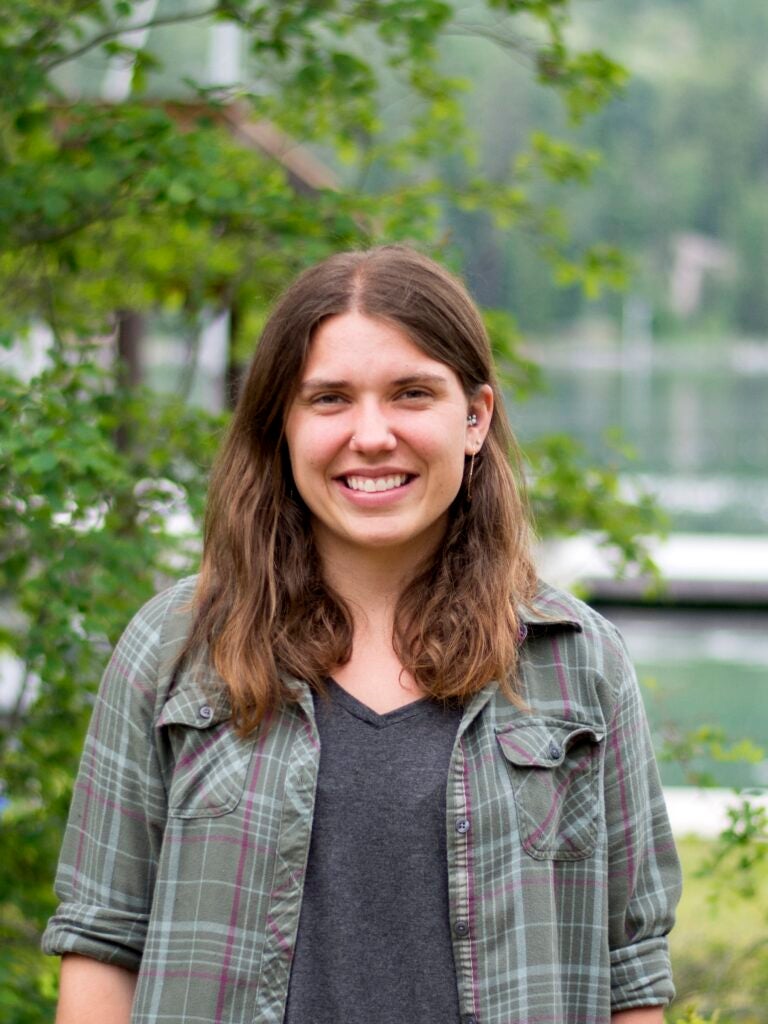
Dr. Kathrin Busch
Postdoctoral Scholar
kb_645@usc.edu

Dr. Melanie Staeubli
Postdoctoral Scholar
staubli@usc.edu
I am a microbial ecologist with a background in quantitative modeling, who is interested in deciphering the eco-evolutionary drivers of microbial community dynamics and implications thereof for ecosystem functioning. During my PhD, I built a classifier to predict bacterial growth states in microbial communities using metatranscriptomic signatures of single-copy marker genes. My current research aims to measure, model and predict marine phytoplankton traits and adaptation in consideration of phycosphere interactions, with a focus on potential benefits for phytoplankton under environmental stress. This research will improve our understanding of phytoplankton dynamics under anticipated changes in climate and will increase our ability to accurately model global biogeochemical cycles.

Dr. Ryan Reynolds
Research Scientist
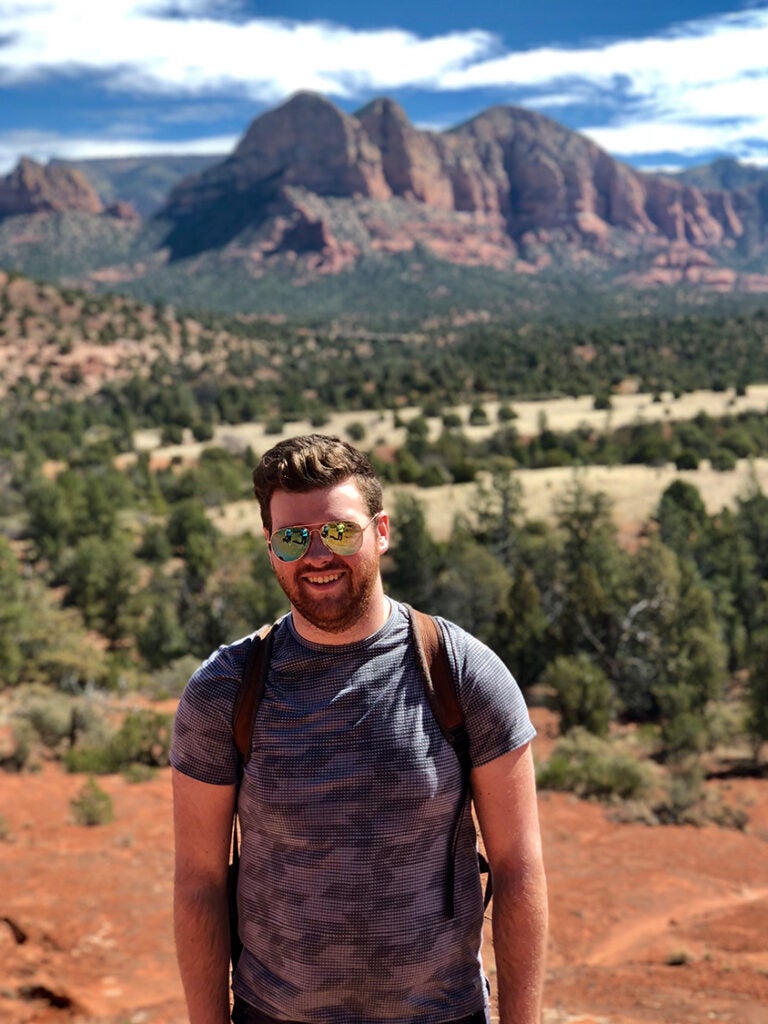
Dr. Zach Landry
Senior Research Scientist
zlandry@usc.edu
My research focuses on how bacteria interact with their chemical environment using bio- and chemo- informatics integrated laboratory-based approaches. At USC, I am using proteome allocation modeling to examine how transient changes to growth conditions effect the internal metabolite pools of marine bacterial cells and how this may relate to DOM export. During my PhD I provided the first genomic study of the ubiquitous SAR202 clade of deep-sea marine bacteria, and determined their ability to interact with pools of recalcitrant or semi-recalcitrant dissolved organic matter in the deep ocean. My previous postdoctoral work quantified the leakage of organic compounds from phytoplankton cells and examined the physiological changes in marine degradative consortia, both using Raman micro-spectroscopy
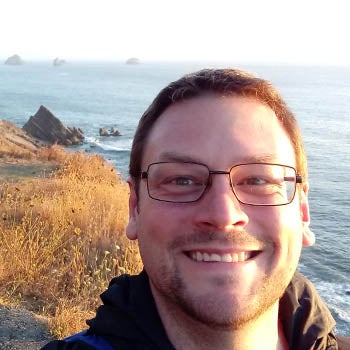
Anna Weiss
Graduate Student
acweiss@usc.edu
Microbes rarely live alone and the way that they interact, compete or cooperate, has an impact on the function of the community as a whole. I am interested in microbial ecology, especially at the community level. Using a combination of modeling and laboratory tools, I aim to decipher the ways in which members of a multispecies community are interacting and the broader impacts of these interactions. I am also co-advised by Cameron Thrash.
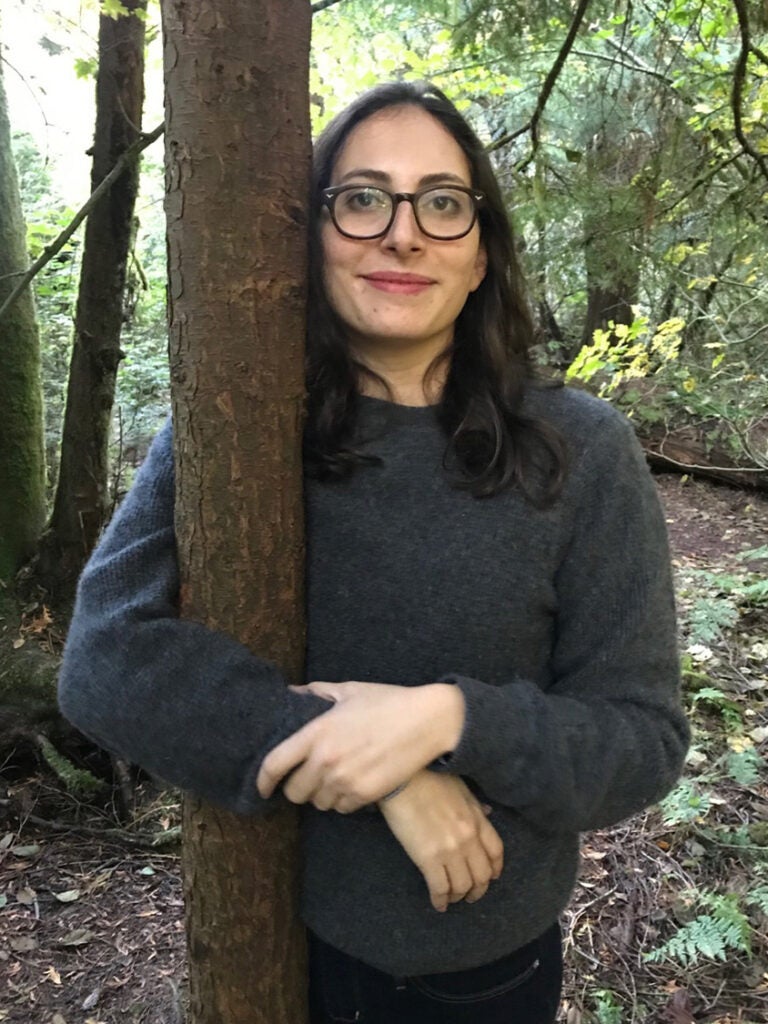
Kevin Liu
Undergraduate Student Researcher
During my studies, I have developed an interest in computational methods. I am incredibly interested in learning and applying it to biological fields, and seeing how these methods may interact with various data and omics. I am currently working on network models and associated quality assessments.
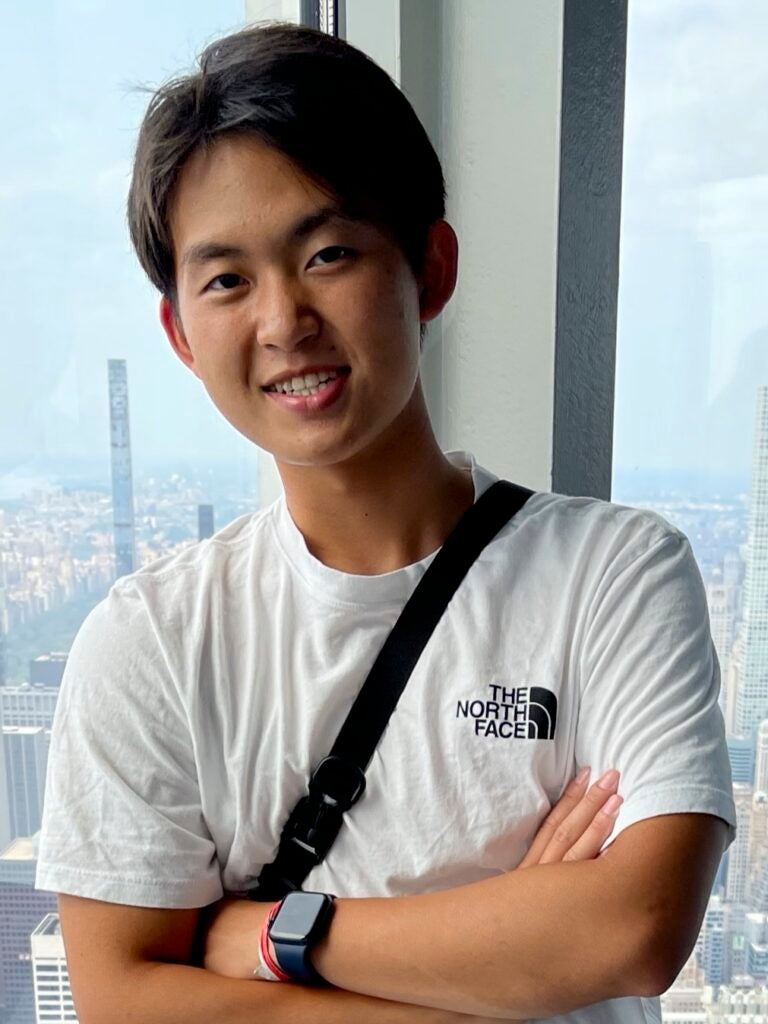
Tushar Zhade
Undergraduate Student Researcher
I am passionate about investigating the intersection of biology and computation. My current project revolves around modeling population dynamics of microbes. Specifically, I am working on a mechanistic model that focuses on the relationship between dormancy and various environmental conditions on marine bacteria.

Dr. Trang Nguyen
Visiting Scientist
Visiting Assistant Professor of Earth and Oceanographic Science
trangn@usc.edu
My research interests lie in understanding the microbial drivers of carbon and nitrogen cycling in a wide range of ecosystems by combining biochemical, molecular, and modelling approaches. My previous research focused on understanding the degradation of organic nitrogen in soil by diverse microbial communities. My current research integrates an understanding of microbial metabolic potential and dynamic marine environments in order to study how particulate organic carbon is cycled.
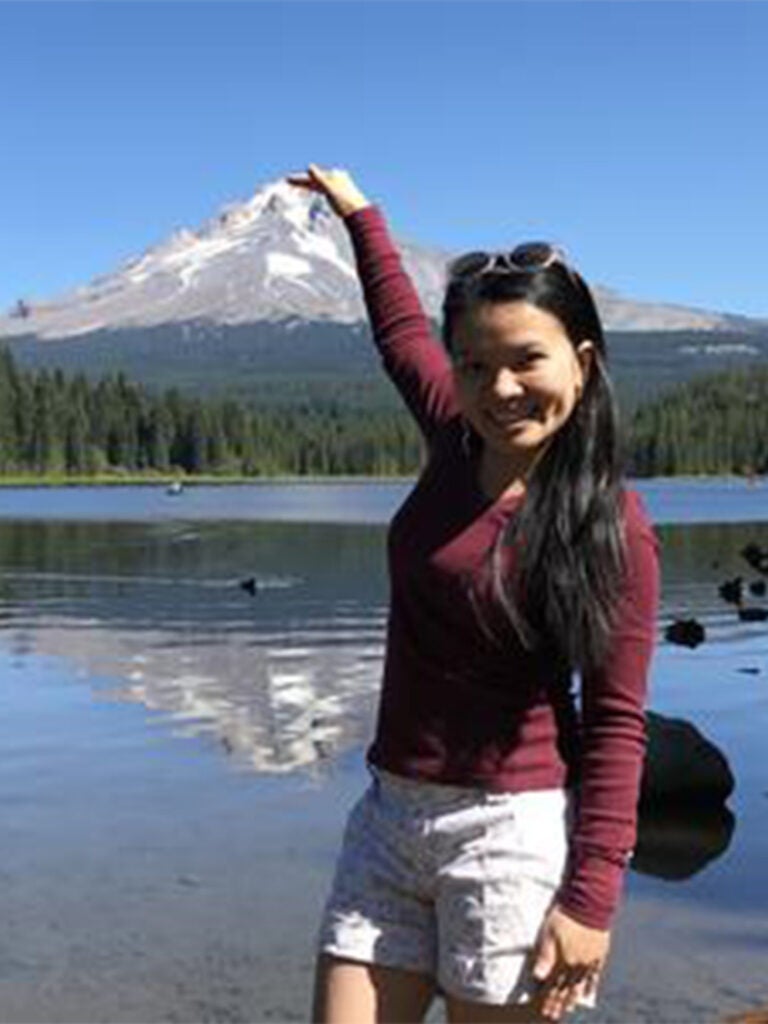
Levine Lab Diaspora
Former students and postdocs who are doing exciting things elsewhere:
NASA Postdoctoral Fellow
Assistant Professor, Oregon State University
Founder & CEO, SCAPE
Adjunct Professor of Environmental Studies, USC
Research Scientist, NOAA GFDL
Assistant Professor, Skidaway Institute of Oceanography UGA
Dr. Noele Norris
Dr. Jordyn Moscoso
Dr. Elizabeth Teel
Meagan He
Ellen Lee
Xuening Wen
Dr. Yi-Cheng Teng
Undergraduate Researchers:
- Lara Breithaupt
- Michelle DeMers
- Anna Wright
- Jeremy Fricke
- Alex Koops
- Emily Vainstein
Positions Available
We are always looking for inquisitive scientists to join the Levine Lab group as graduate students or postdoctoral fellows. If you are interested, please contact me at n.levine@usc.edu.
For more information and to apply to our gradaute program please go to:

